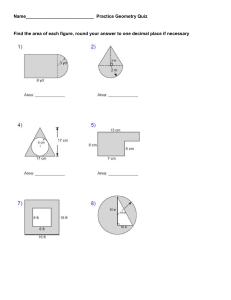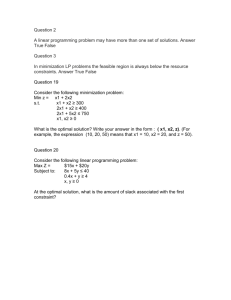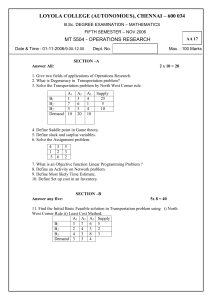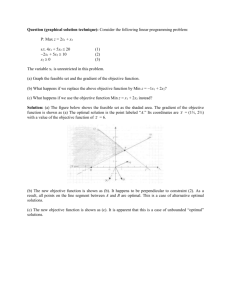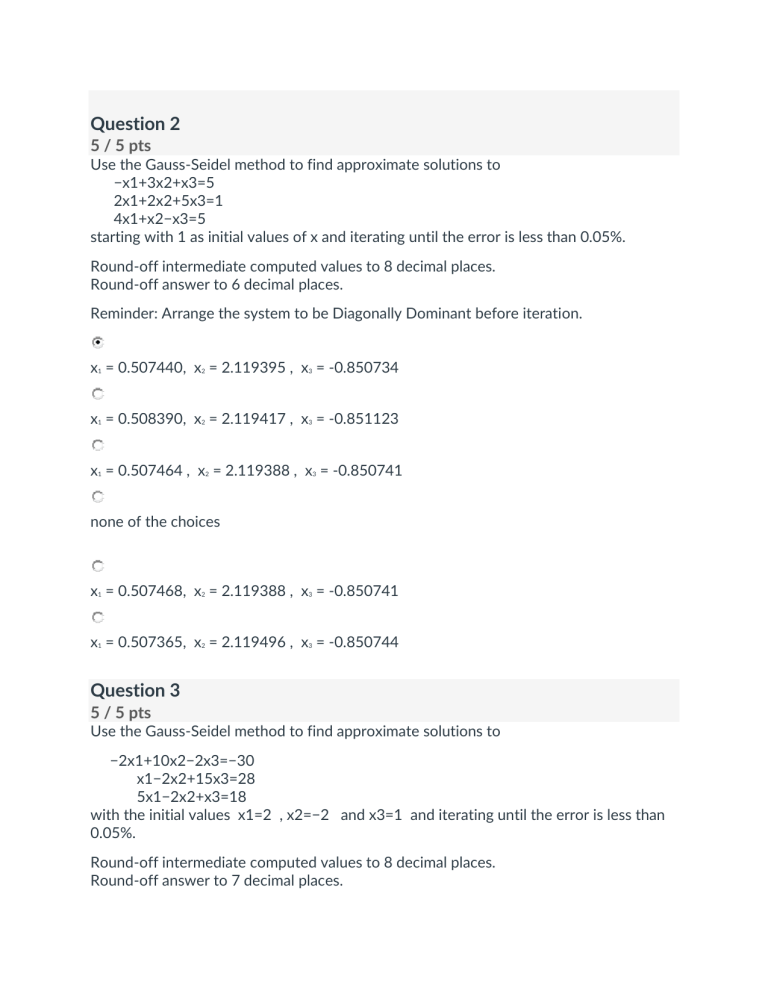
Question 2 5 / 5 pts Use the Gauss-Seidel method to find approximate solutions to −x1+3x2+x3=5 2x1+2x2+5x3=1 4x1+x2−x3=5 starting with 1 as initial values of x and iterating until the error is less than 0.05%. Round-off intermediate computed values to 8 decimal places. Round-off answer to 6 decimal places. Reminder: Arrange the system to be Diagonally Dominant before iteration. x1 = 0.507440, x2 = 2.119395 , x3 = -0.850734 x1 = 0.508390, x2 = 2.119417 , x3 = -0.851123 x1 = 0.507464 , x2 = 2.119388 , x3 = -0.850741 none of the choices x1 = 0.507468, x2 = 2.119388 , x3 = -0.850741 x1 = 0.507365, x2 = 2.119496 , x3 = -0.850744 Question 3 5 / 5 pts Use the Gauss-Seidel method to find approximate solutions to −2x1+10x2−2x3=−30 x1−2x2+15x3=28 5x1−2x2+x3=18 with the initial values x1=2 , x2=−2 and x3=1 and iterating until the error is less than 0.05%. Round-off intermediate computed values to 8 decimal places. Round-off answer to 7 decimal places. Reminder: Arrange the system to be Diagonally Dominant before iteration. x1 = 2.4251496 x2 = -2.2335328 , x3 = 1.4071857 none of the choices x1 = 2.4251115 x2 = -2.2335418 , x3 = 1.4071870 x1 = 2.4249254 x2 = -2.2335559 , x3 = 1.4071975 x1 = 2.4251381 x2 = -2.2335329 , x3 = 1.4071864 Question 4 5 / 5 pts Use the Gauss-Seidel method to find approximate solutions to 2x1+x2+9x3=12 2x1+x2−x3=2 x1−8x2+3x3=−4 starting with zero as the initial values of x and iterating until the error is less than 5%. Round-off answer to 6 decimal places. Reminder: Arrange the system to be Diagonally Dominant before iteration. x1 = 0.993856 , x2 = 0.997349 , x3 = 1.001660 none of the choices x1 = 1.002156 , x2 = 1.000892 , x3 = 0.999422 x1 = 0.999265 , x2 = 0.999691 , x3 = 1.000198 x1 = 1.000253 , x2 = 1.000106 , x3 = 0.999932

